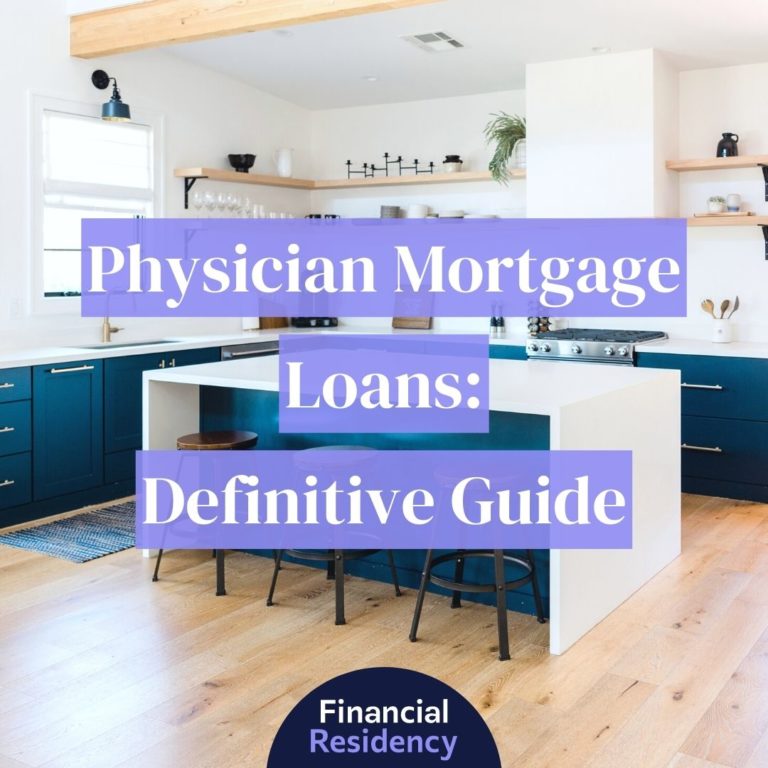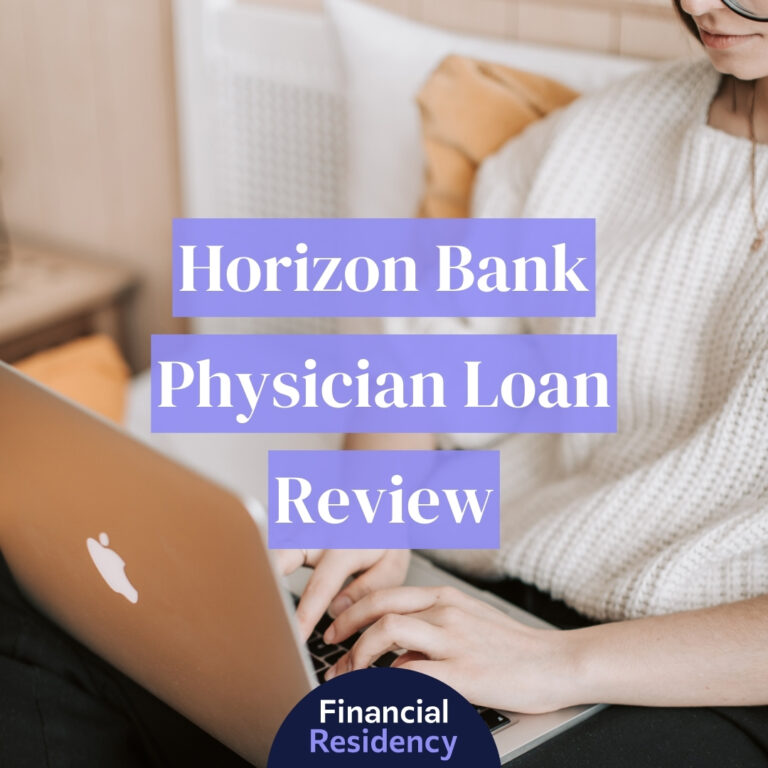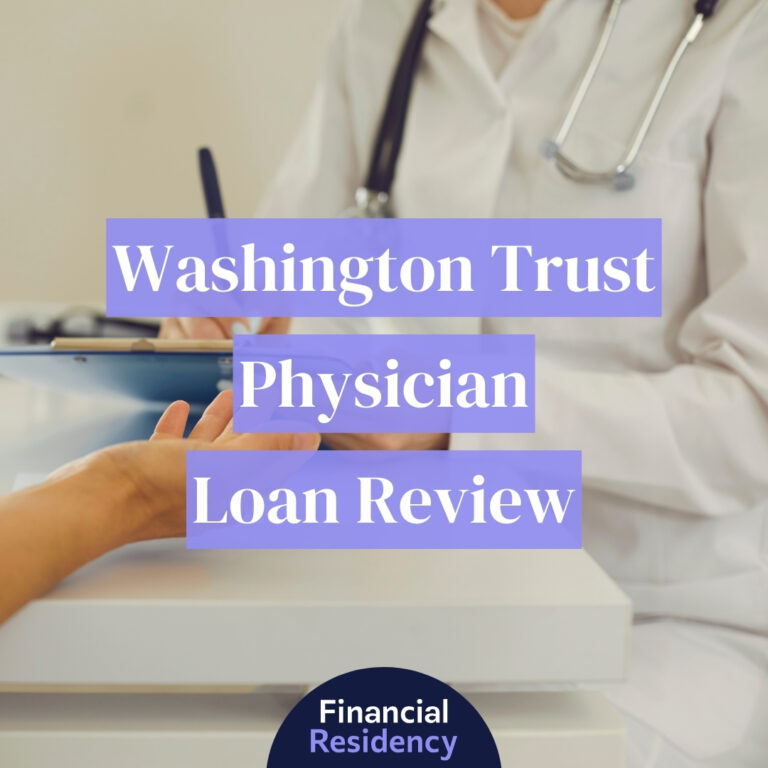As a physician, buying your first home marks a major milestone in your life. After enduring challenging schedules, board exams, and seeing lots of patients, it’s time to have a place of your own.
Unfortunately, many of my physician clients make mistakes when buying their first homes, and these mistakes can cost them thousands of dollars over the long term.
4 Mistakes Physicians Make When Buying Their First Home
So, I thought I’d write a post listing out the 4 most common mistakes physicians make as first-time homebuyers to help you avoid them. Here they are:
1. Hiring a Realtor Who Isn’t An Expert
Do your due diligence and find a Realtor who has been in business 10+ years. You want to hire a Realtor who is an expert in the area and who can provide referrals or examples of past deals they have closed.
Choosing an inferior realtor will almost always leave you paying more since they aren’t as skilled at negotiations. They might also be slow to communicate not only with the sellers but with you as well. Plus, you don’t want them to waste your time looking at homes that really don’t meet your criteria.
An expert in the area will be able to run comparative market analysis (CMA also known as “Comps”) for the home you are looking to buy. They’ll also be able to help nail down a price range that will help you get a home with most of the things on your wish list.
2. Not Taking All Expenses Into Account
Just because your lender is excluding your student debt in your physician loan doesn’t mean that you shouldn’t factor in your current and future payments. This is especially true if you are still in training with low payments due to the IBR program you are in.
It’s important to think about future increases in your wages and expenses to make sure that you can afford the house in the long term (5+ years out,) even if you do not intend to be in that house in 5 years.
The market can turn at any time (just like the stock market), so don’t get caught having to stay and live in a house that you stretched your budget to get into. Instead, plan and crunch the numbers as much as possible before making one of the biggest purchases of your life.
3. Not Knowing the True Cost to Own a Home
This is not just referring to potential HOA dues but more importantly, understanding if the community has any city imposed special fees. In my local market of Las Vegas, these are referred to as SID’s (Special Improvement District) and LID’s (Local Improvement District) fees. In California, these fees are commonly referred to as Mello Roos.
These fees can be thought as another form of property tax on your new home. The fee is placed in the home when the city installs services to what was an undeveloped portion of land that the developer is building on. A few examples of what the fees could represent could be for sewer plumbing, roads, street lights or fire hydrants. When it’s a brand new home, the developer can choose to pay back the loan and raise the cost of the home or they could let the fees stay with each home and have the new home owner pay it back over the next 10-20 years on average.
If you aren’t buying a new home, some if not all of this fee will be paid down but you still need to make sure you are aware that it might exist. While the fees vary by area, they commonly range between $50-$300/mo. I have heard these fees being as high as $500/mo and amortized over 40 years! That is a potential $200,000+ responsibility on top of the mortgage, HOA, property tax and normal fixed expenses like gas and electric.
4. Focusing Too Much on Interest Rates
Locking in a good interest rate is important, but if you focus too much on that, you might forget to compare closing costs at various lenders. Physicians can potentially save thousands by comparing their closing costs at various lenders. If they are only using a doctor loan, this narrows the options quite a bit.
Should You Consider a Physician Loan?
Speaking of doctor loans, just because the option is available doesn’t mean you have to take it. The fact that this type of loan exists is still quite strange to me, but I understand how useful it could be to future physician home buyers.
Still, if the only way you can buy the home is with a doctor loan, it might not be the best purchase or the right time to purchase a home. Consulting with a fee only financial planner can help you determine how much home you can afford.
Remember, be careful. Trusting the bank offering the loan or your real estate agent that on paper you can afford it isn’t wise because they have a conflict of interest. Remember, they get paid by you when you purchase a home, and they do not have a fiduciary duty to you. Fee only financial advisors do, though.
So, if you have any questions about the process, I’m more than happy to help. Your first 30-minute consultation call is free with me too, and I can help you avoid many of the common mistakes above so you’ll be much more prepared to purchase your first home.




